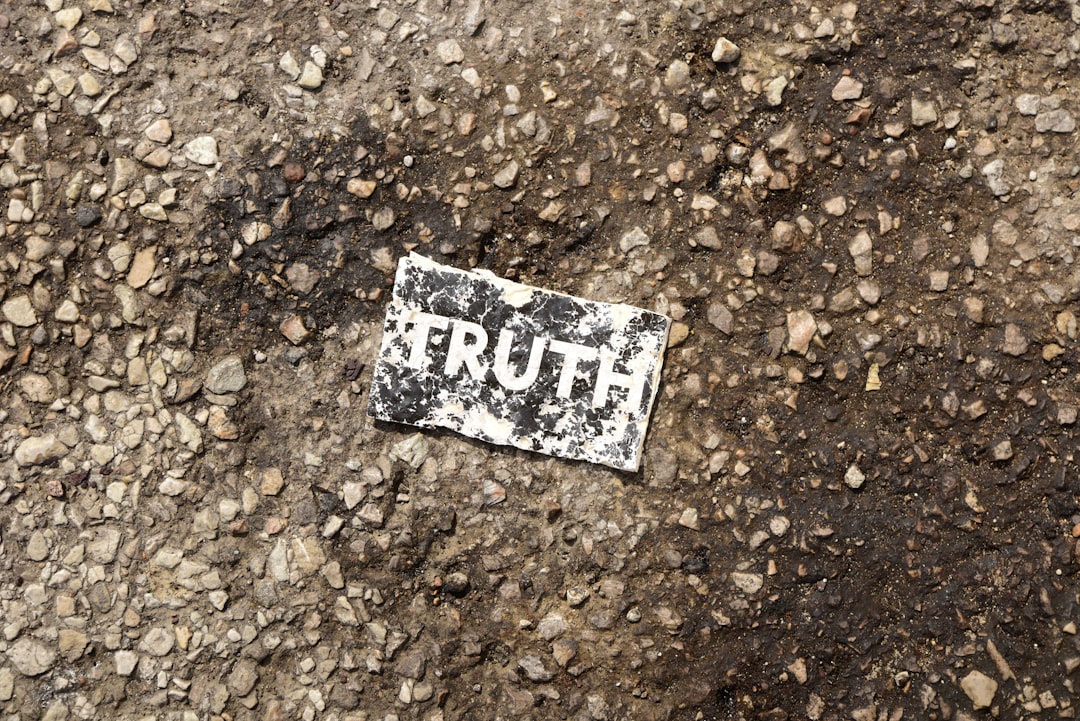What is it about?
Christianity and democracy have in common the idea of equality before God and the law. Democracy has long embraced the idea of a formal equality of persons but has generally held substantive equality to be incompatible with the secure possession of private property, which is its overriding priority. Institutional Christianity has largely supported this view. This article explores the relationships of Christianity and democracy to property and wealth, and the ever-present tension in both between less and more rigorous forms of each.
Featured Image

Photo by Hermes Rivera on Unsplash
Why is it important?
Christianity and democracy are for many people little more than identity markers, but their survival as robust and relevant approaches to social life depends on a vision - which includes Christ's teachings on renunciation and democracy's egalitarian ethos - underlying the forms. Assurances of equality before God and the law carry little conviction in situations of obvious, and not infrequently spectacular, inequalities of wealth and opportunity which render largely meaningless modern democracy's principal claim: the claim that, notwithstanding its representative layering, real sovereignty is vested in the whole population.
Read the Original
This page is a summary of: The Eclipse of Equality in a World of Extremes, International Journal of Public Theology, December 2022, Brill,
DOI: 10.1163/15697320-20220063.
You can read the full text:
Contributors
The following have contributed to this page










